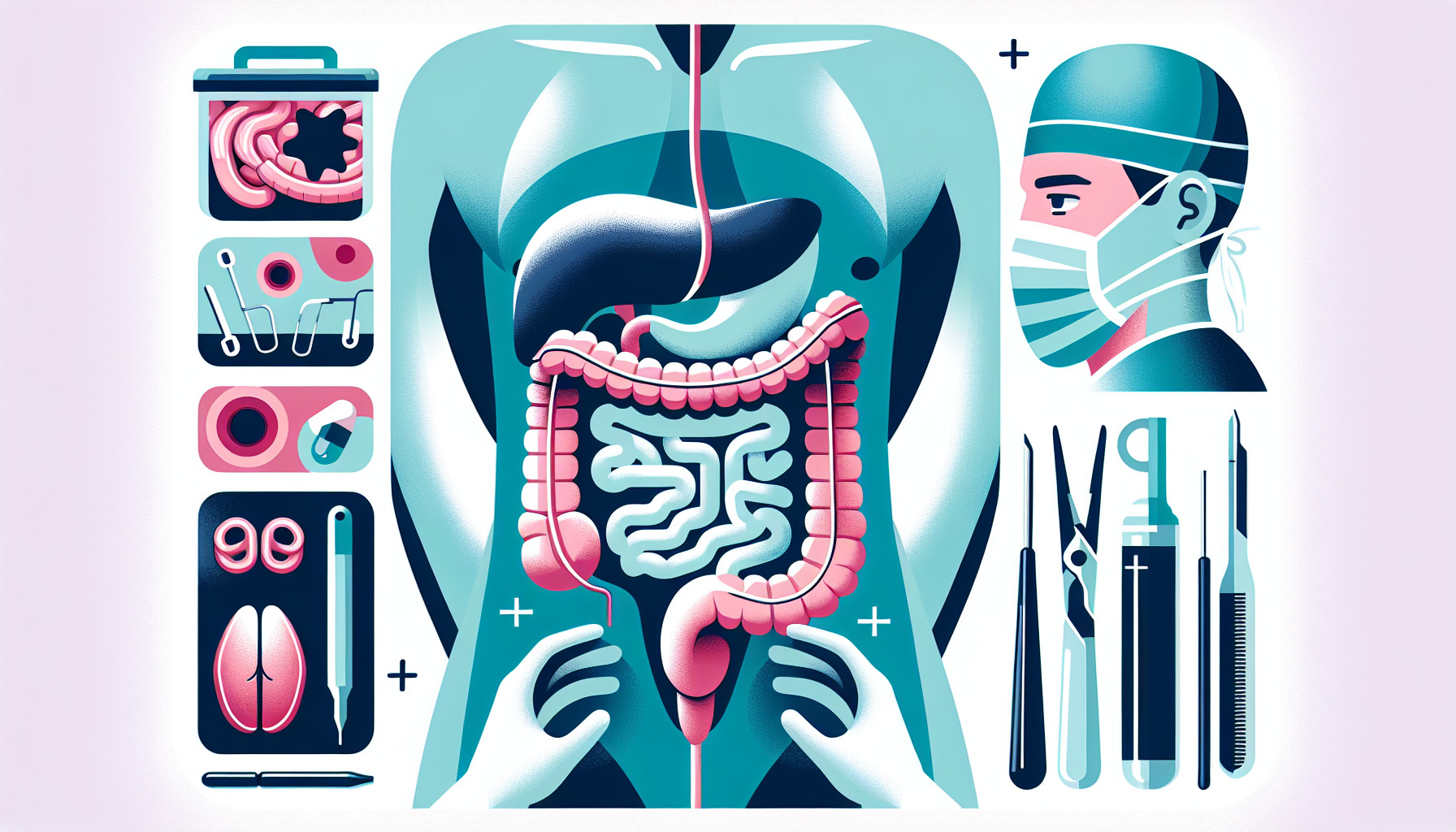Our Summary
This research paper reviews current studies on intestinal transplantation, a complex surgical procedure often done on patients with serious intestinal problems. The study notes a shift in focus from acute rejection, or the body’s immediate refusal of a new organ, to two new areas of study: ischemia-reperfusion injury (IRI) and graft-versus-host disease (GVHD).
IRI refers to tissue damage caused when blood supply returns to tissue after a period of lack of oxygen, while GVHD is a complication that can occur after a transplant, where the donated bone marrow or stem cells view the recipient’s body as foreign and attack the body.
The paper suggests that new approaches and additives, such as interventions during cold storage, could help reduce IRI and allow organs to be preserved longer. Interestingly, older donors did not seem to increase the risk of preservation injury.
The study also notes that the susceptibility to ischemia, or inadequate blood supply to an organ or part of the body, may differ between species, which could affect how experimental findings are applied in real-world scenarios.
A new experimental model including the donor spleen may offer a new way to study GVHD, and the use of a certain drug (fludarabine) could potentially lessen the impact of GVHD in rats.
Lastly, the study found that a certain type of inhibitor in white blood cells was less active than usual before other signs of acute and severe chronic rejection could be detected.
Overall, while progress has been made in these areas of study, major breakthroughs are not anticipated in the near future.
FAQs
- What are the main current research topics in experimental intestinal transplantation?
- How does high donor age affect preservation injury in intestinal transplantation?
- What are some of the new methods being studied to prolong storage time and alleviate ischemia-reperfusion injury in intestinal transplantation?
Doctor’s Tip
A helpful tip a doctor might tell a patient about intestinal transplant is to closely follow the post-transplant care instructions provided by their medical team. This may include taking immunosuppressant medications as prescribed, attending regular follow-up appointments, and following a specific diet plan to support the success of the transplant. It is important for the patient to communicate any changes in their health or any concerns to their medical team promptly.
Suitable For
Patients who are typically recommended for intestinal transplant are those with severe intestinal failure, often due to conditions such as short bowel syndrome, functional gastrointestinal disorders, or congenital abnormalities. These patients may have failed other treatments such as parenteral nutrition or bowel lengthening surgeries. Additionally, patients with chronic intestinal pseudo-obstruction or irreversible intestinal motility disorders may also be considered for intestinal transplant. It is important for patients to undergo a thorough evaluation by a multidisciplinary team to determine their eligibility for transplant and to assess their overall health and ability to tolerate the procedure.
Timeline
Before intestinal transplant:
- Patient is diagnosed with a severe intestinal disorder that cannot be managed with conventional treatment.
- Patient undergoes extensive medical evaluations to determine eligibility for transplant.
- Patient is placed on a waiting list for a suitable donor match.
- Patient may experience worsening symptoms and complications from their intestinal disorder.
After intestinal transplant:
- Patient undergoes the transplant surgery, which involves removing the diseased intestine and replacing it with a healthy donor intestine.
- Patient is closely monitored in the intensive care unit post-surgery for any complications.
- Patient begins a regimen of immunosuppressive medications to prevent rejection of the transplanted organ.
- Patient undergoes regular check-ups and monitoring to assess the success of the transplant and adjust medications as needed.
- Patient may experience improvements in their symptoms and overall quality of life with a successful transplant.
What to Ask Your Doctor
- What is the success rate of intestinal transplants in general, and what factors can affect the success of the procedure?
- What are the potential risks and complications associated with intestinal transplant surgery?
- How long is the recovery process after an intestinal transplant, and what kind of post-operative care will be required?
- How will the transplant team monitor for signs of rejection or other complications after the procedure?
- Are there any specific dietary or lifestyle changes that will need to be made following an intestinal transplant?
- How often will follow-up appointments be needed after the transplant, and what kind of long-term care can be expected?
- Are there any experimental or cutting-edge treatments or technologies being researched for intestinal transplant patients that may be of interest?
- What is the current state of research on ischemia-reperfusion injury and graft-versus-host disease in intestinal transplantation, and how might this impact my specific case?
- Are there any specific medications or treatments that can help prevent or manage these potential complications post-transplant?
- What are the potential outcomes or prognosis for patients who undergo an intestinal transplant, and what factors can influence long-term success?
Reference
Authors: Oltean M. Journal: Curr Opin Organ Transplant. 2021 Apr 1;26(2):240-244. doi: 10.1097/MOT.0000000000000845. PMID: 33395113
